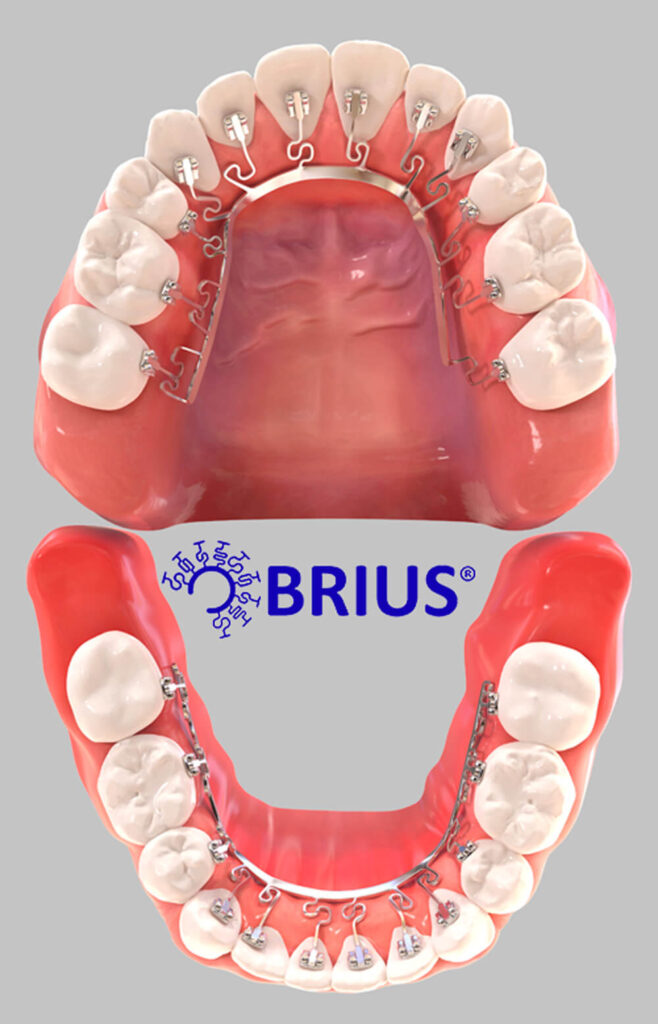Looking for invisible braces in Ahmedabad that are advanced, fixed, and completely hidden?
Teeth Care Centre Dental Hospital, Ahmedabad, now offers BRAVA Invisible Lingual Braces, a next-generation orthodontic system from Brius Technologies, USA.
What Are BRAVA Invisible Braces?

BRAVA braces are customized lingual braces placed on the inside surface of the teeth, making them 100% invisible from the outside. Unlike traditional braces or clear aligners, BRAVA uses a single personalized appliance per arch, digitally designed to move teeth efficiently without frequent adjustments.
In short: Invisible, Fixed (no removal), Customized, Low maintenance
Key Benefits of BRAVA Braces
- Completely Invisible Braces – hidden behind the teeth
- No Aligners, No Elastics – fixed appliance, no compliance issues
- Fewer Dental Visits – minimal adjustments needed
- Comfortable & Gentle Forces – advanced nickel-titanium technology
- Ideal for Adults & Professionals
Advanced Digital Orthodontics at Teeth Care Centre Dental Hospital at Ahmedabad
BRAVA treatment begins with digital intraoral scanning and AI-based planning, ensuring precise tooth movement and predictable results. The appliance is robotically fabricated to follow the planned treatment pathway, offering a smooth and efficient orthodontic experience.
Authorized BRAVA Braces Provider in Ahmedabad
Teeth Care Centre Dental Hospital, Ahmedabad, is a leading destination for advanced orthodontic and aesthetic dental treatments. As an authorized BRAVA orthodontic braces provider, the clinic offers international-standard invisible orthodontic solutions using the latest digital technologies.
Expert Care by Dr. Nirav Patel – Orthodontist
BRAVA treatment is performed under the expertise of Dr. Nirav Patel, an experienced orthodontist trained in lingual orthodontics and behind-the-teeth braces. His proficiency in customized digital orthodontic systems ensures safe, precise, and aesthetically superior outcomes.
Who Is Suitable for BRAVA Lingual Braces?
BRAVA invisible braces are suitable for:
- Crowded or spaced teeth
- Mild to moderately complex bite problems
- Adults seeking invisible orthodontic treatment in Ahmedabad
Why Choose Teeth Care Centre Dental Hospital for Invisible Braces in Ahmedabad?
- Advanced digital orthodontic technology
- International-standard treatment protocols
- Experienced orthodontist trained in lingual appliances
- Personalized and aesthetic treatment approach
Book Your Consultation Today:
If you are searching for BRAVA invisible lingual braces in Ahmedabad, Teeth Care Centre Dental Hospital offers a perfect combination of technology, expertise, and aesthetics. Schedule your consultation today and experience truly invisible orthodontics—behind the teeth.
